-
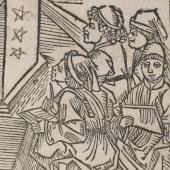
Expositio sequentiarum secundum usum Sarum and other works
-
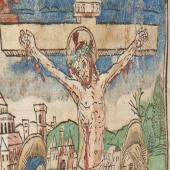
Missale Romanum (1493)
-
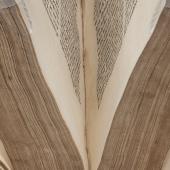
Alain de la Roche (1428–75) Psalterium Virginis Mariae
-

Priscian (active c. 500–530) Opera, edited by Benedetto Brugnoli (1427–1502)
-
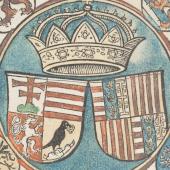
János Thuróczy (c. 1435–88/9) Chronica Hungarorum
-
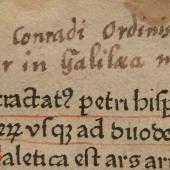
Petrus Hispanus, later Pope John XXI (d. 1277) Summulae logicales
-

Leo Archipresbyter (tenth century) Historia Alexandri Magni and Gesta Romanorum
‘Found some distance from its place of printing'
Private lives of print
Between 1450 and 1550 Europe enjoyed a period of relative peace and prosperity and was largely spared from plague and pestilence. People and goods moved more freely between countries. Old commercial routes were improved and new ones opened across land and water, with Venice leading the world as both a producer and trader in early printed books. The sons of Northern Europe’s rich and noble families travelled widely to study law, medicine and humanities, whilst scholars moved between universities and medics and artisans travelled to seek employment at foreign courts.
Books travelled as widely as their owners. The increased accessibility and affordability of books, their publication in smaller formats better suited to transportation, and the increasing fluidity of the European population revolutionized the transmission of ideas in the fifteenth and sixteenth centuries.